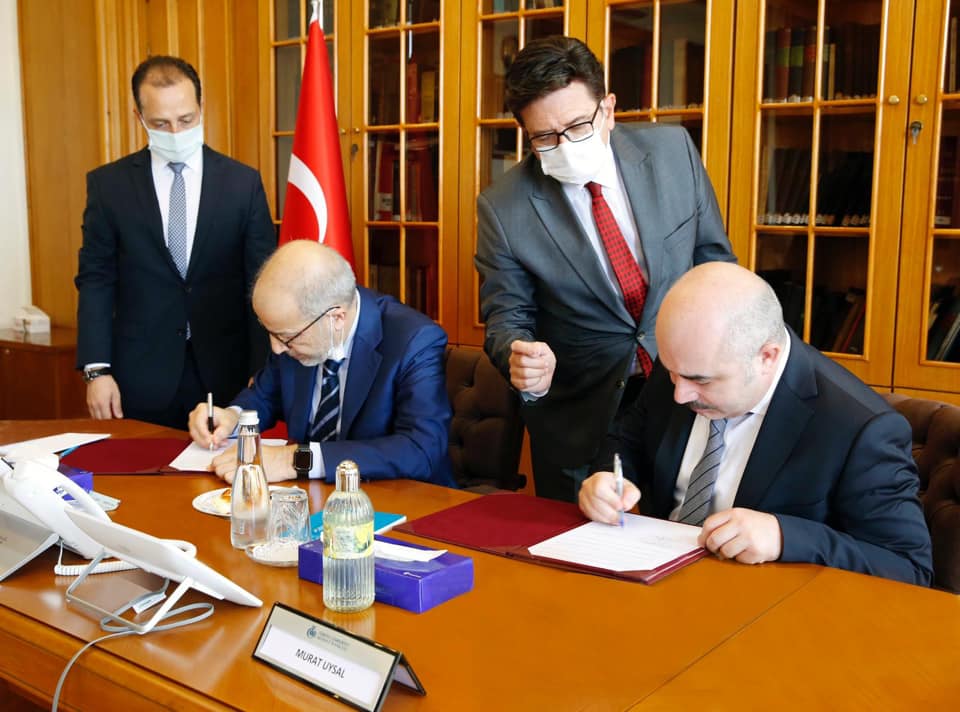By Sami Zaptia.

London, 2 September 2020:
In a continuation of his flurry of recent decrees, Faiez Serraj, Prime Minister of the internationally recognized Libyan government in Tripoli, yesterday decreed (Decree 577/2020) the assignment of LD 2 bn to Municipalities. His government says this is part of its decentralization efforts.
The flurry of decrees, five years into his time in office, are seen as attempts by Serraj to soak up the anger on Libyan streets manifested in the recent demonstrations.
The decree assigns 70 percent of the money to local development and projects. One billion of the money is to be raised from the foreign currency sales surcharge while the other is to be raised from revenues earnt locally by Municipalities. Money will be distributed to Municipalities on the basis of their population density.
Another decree (Decree 576/2020) empowered Municipalities with the ability to raise revenues locally.
Analysis
Libyan experts in local government and decentralization warned Libya Herald that the decentralization announced by Serraj is not quite what it seems. They add that in effect these steps are a semi-decentralized system, with central government still in full control. Money is granted by central government as it sees fit and at the speed it wants. It dictates how it is spent. Municipalities have little flexibility and independence.
They also point out that central government still has battles of its own with the Tripoli Central Bank of Libya (CBL) and it itself is not in full control of ‘‘its own’’ money allocations. Hence Municipalities have to contend with and try and convince another layer of central bureaucracy: the CBL.
Critics also point out that the central government has struggled over the year to raise LD 1 bn in non-oil revenues and that LD 1 bn of locally raised revenues may be overly optimistic.
On the other hand, they warn that Municipalities are not ready to conduct feasibility studies and present reports and estimates of costs and expenditure to the government. Equally, just as the monitoring and oversight mechanism at central government are weak and ineffective (as evidenced by the wide accusations of corruption), such mechanisms are non-existent at municipality level.
They warn that this may be a mechanism to democratize and decentralize corruption from Tripoli to the regions. They accuse Serraj of seeking to decentralize political blame and responsibility to the Municipalities – while enjoying the power and money of centralized control.
https://www.libyaherald.com/2020/09/02/continuing-his-flurry-of-reactionary-decrees-serraj-creates-new-ministry-of-housing-and-reconstruction/
https://www.libyaherald.com/2020/08/30/interior-ministry-identifies-shooters-at-demonstrators-refers-them-to-attorney-general/
https://www.libyaherald.com/2020/08/24/shooting-at-tripoli-demonstrations-moi-identifies-shooters-will-investigate-and-reveal-results/
https://www.libyaherald.com/2020/08/22/serraj-government-creaking-under-pressure-with-electricity-blackouts-water-cuts-youth-fleeing-to-europe-and-demonstrating-and-municipalities-calling-for-immediate-action/









